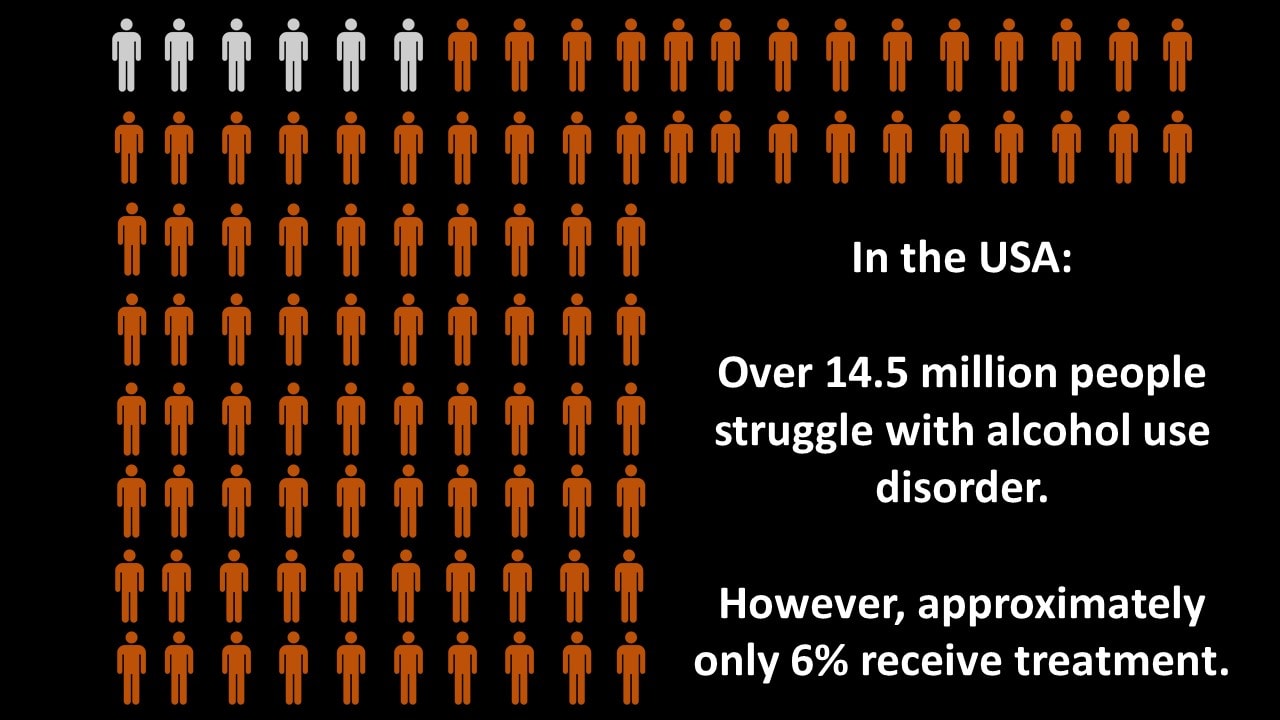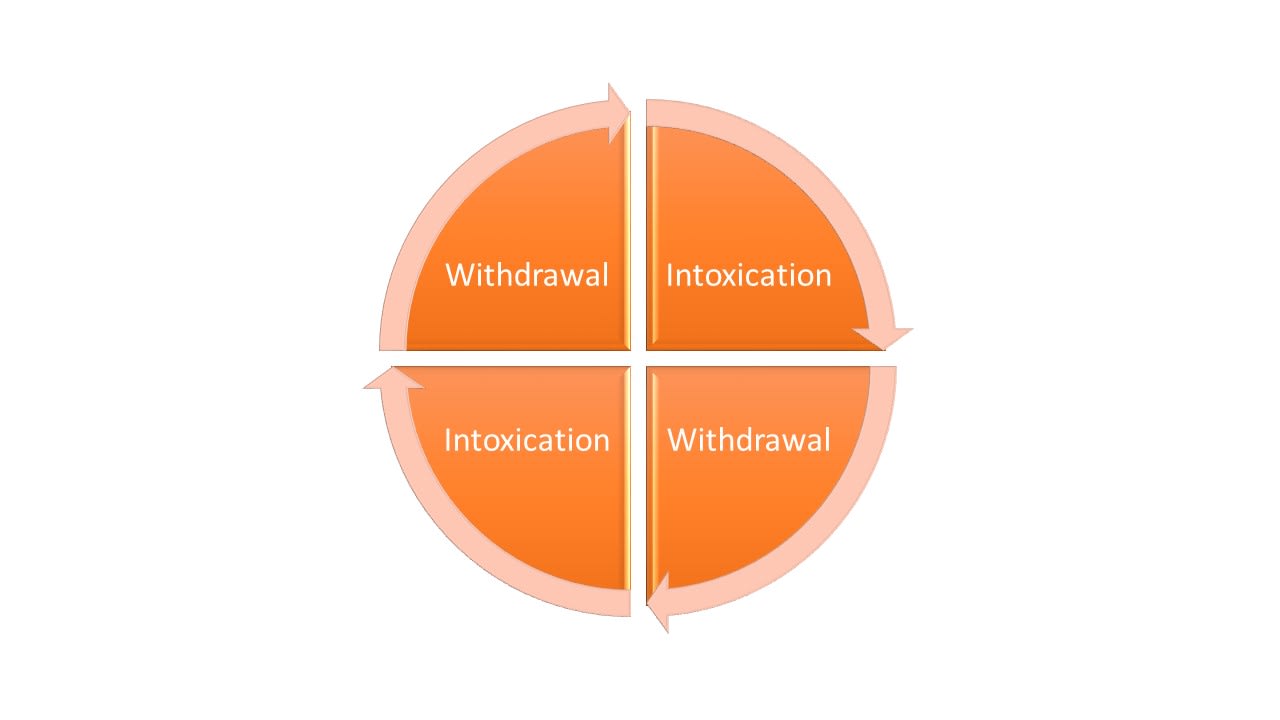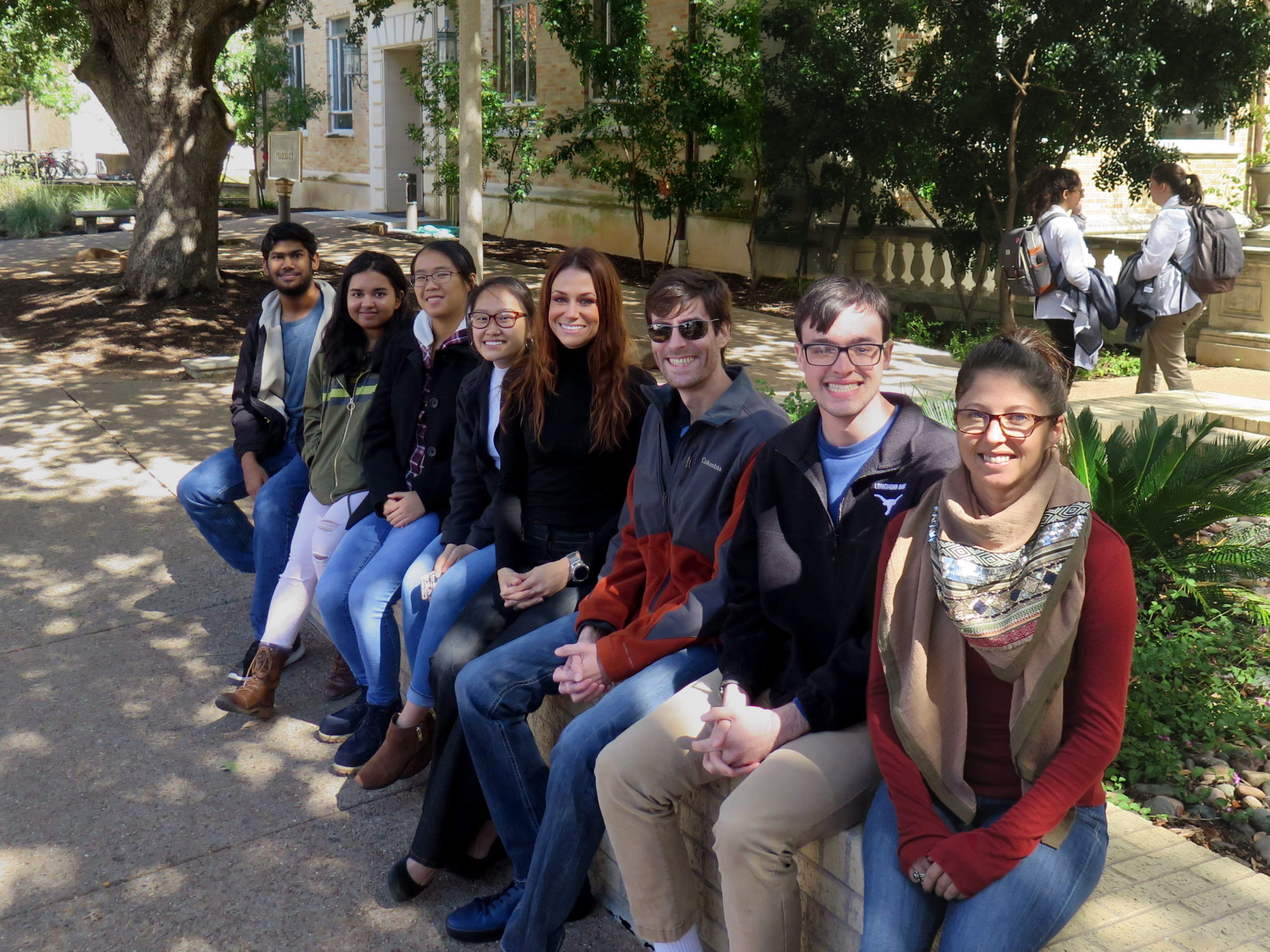Thank you for supporting our research project. Donors like you ensure that projects like ours happen and without your support we would not be able to bring this project to fruition. Please continue to follow our project progress through our Twitter hashtag and keep an eye out for email updates as we move forward. Maybe what started here with your help will change the world for all individuals impacted by alcohol use disorder.
Sincerely,
The laboratory of Dr. Reg
Green Tea and Alcohol Use Disorder
UPDATE: Thanks to the generosity of our donors, we were able to surpass our initial fundraising goal of $3,500.00! Due to this overwhelming support, we have decided to create a stretch goal of $6,000.00, which would allow us to publish the results of this research in an open access format.
What does "open access format" mean? It means that researchers pay a fee (usually several thousand dollars) to a scientific journal so that their research article is publicly available and anyone can read it for free (in contrast to a subscription format in which readers have to pay the journal to read the article).
Our lab is grateful for the support we have received thus far from our community for our project.
____________________________________________________________________________
Excessive alcohol use in the United States reached a 249 billion dollar total cost on our economy in 2010. This includes all costs associated with a loss in workplace productivity, health care expenses, criminal justice expenses, and loss from motor vehicle crashes.
More than an economic burden, excessive alcohol use also contributes to personal loss.
- 88,000 deaths/year in the United States are tied to health complications resulting from excessive alcohol use or poor judgement while under the influence.
- Every 48 minutes someone dies in a motor vehicle crash caused by drunk-driving in the United States.
You may know someone who has impacted your life directly from their excessive alcohol use or you may have a colleague or friend that has.
What is alcohol use disorder?
An individual is diagnosed with an alcohol use disorder when they:
- have a compulsive need to consume alcohol.
- lose control over how much alcohol they consume.
- experience a negative emotional state when NOT drinking.

When someone with untreated alcohol use disorder attempts to quit drinking suddenly, they may have tremors, anxiety, nausea, fever, sweating, and seizures. This is known as alcohol withdrawal, and many individuals return to drinking after periods of abstinence to alleviate these withdrawal symptoms. Without effective treatment cycling between intoxication and alcohol withdrawal continues. This cyclic pattern increases the risk of medical complications during the next period of withdrawal from alcohol.

During this repeat cycling between intoxication and alcohol withdrawal, the chemicals that your brain cells use to communicate with each other become imbalanced.
Imagine yourself and a friend on a teeter-totter. During intoxication you are suspended in the air and your friend has their feet on the ground. However, during withdrawal you have your feet on the ground and your friend is suspended in the air. Now imagine if you continued to play on the teeter-totter and repeatedly switched between who is up in the air and who is not, your level would be constantly changing just like the chemicals in the brain of someone diagnosed with alcohol use disorder.
Alcohol use disorder can be diagnosed by medical professionals based on established criteria. However, even when a diagnosis is made, few individuals diagnosed receive treatment with a medication.
While there are 3 FDA-approved medications used to treat alcohol use disorder, the ability of a drug to produce the desired result depends on the patient taking the recommended dose at the recommended frequency. Because these medications have many unpleasant side effects, many patients just stop taking them.
Could a new treatment be found in green tea?
Green tea leaves contain L-theanine, a compound that shows promise in helping to balance the same chemicals in the brain that become imbalanced during the cycling between intoxication and withdrawal seen in alcohol use disorder.
L-theanine can be ingested by simply drinking a cup of green tea! Better yet, it can interact directly with the tissues and cells within the brain. It has been investigated as a potential treatment for many disorders including anxiety and Alzheimer's Disease, but to our knowledge no one has looked at L-theanine and its potential to treat alcohol use disorder yet.
Who are we?
Welcome to the laboratory of Dr. Regina Mangieri. We operate within the College of Pharmacy at the University of Texas at Austin, more specifically, within the division of Pharmacology & Toxicology. We are also part of the Waggoner Center for Alcohol & Addiction Research at UT. The work within our lab is currently focused on testing medications to treat alcohol use disorder by looking at how each medication changes the communication between brain cells with the goal of finding better treatments for alcohol use disorder.

This research project is the first that our staff member Heather Aziz (pictured far right) has designed on her own. The idea is there and is supported by scientific evidence, but the funding is not. Heather has few grant funding opportunities available to her as she is neither a student nor a post doctorate researcher. She does however have 4 years of experience in our research field and within our lab and is hoping to receive your support.
How you can help!
Our experiment has been designed but we cannot conduct this research project without your help!
Your donation will help provide our lab with the resources we need to test whether L-theanine administration is effective for treating symptoms of alcohol withdrawal.
With your help and the help of an established mouse model of alcohol dependence, we will be able to look at whether L-theanine treatment affects:
- Alcohol withdrawal severity - Building a nest is natural behavior that mice are highly motivated to perform and the quality of the nest can be used to measure how severe the withdrawal period is. Mice that are sober build large, well-formed nests whereas mice that are hungover do not.
- Anxiety-like behavior - Burying is also a natural behavior that mice perform and marble burying is a test that can be used to measure the severity of alcohol withdrawal-associated anxiety. Anxiety is characterized by spontaneous and repetitive behaviors. Mice that are not anxious bury fewer marbles than mice that are anxious.
- Alcohol consumption - The type of mouse that we will be working with voluntarily consumes large quantities of alcohol to the point of intoxication. By allowing the mice to drink at different time points we can see whether mice that are treated with L-theanine drink less alcohol.
- Communication between brain cells - Our lab is an electrophysiology lab. Electrophysiology is a technique that allows us to examine the electrical-chemical activity of individual brain cells. Through this technique we can assess whether L-theanine treatment helps to restore chemical balance in the brain.
If we surpass our funding goal, additional funding will be used to help cover the publication fees for the scientific paper that will share the findings of this project with the world.
What starts here changes the world! And your donation today will make that happen!
$40
Green Tea Guru
The average lifespan of a green tea producing plant is between 30 and 50 years. Not just the leaves are used though, the roots can be burned to heat the oven that is used to dry the leaves to make tea.
$65
Gap Closer
In 2017, out of all individuals in the United States struggling with alcohol use disorder only 6.5% received treatment.
$92
Mighty Mouse
We share 92% of our DNA with the mouse. That's a lot to have in common with these small but mighty scientific heroes!
$141
Eager for Electrophysiology
Electrophysiology is a technique that allows us to examine the electrical-chemical activity of individual brain cells. How do we do this? We each have a "rig" or a workstation that holds all of our tools and controllers. Your donation will provide us with the resources we need to conduct electrophysiology experiments for one day.
$197
Herald of Awareness
In 2017 19.7 million people in the United States struggled with a substance abuse disorder. Out of those 19.7 million, 74% struggled with alcohol use disorder. That's over 14.5 million people.
$282
Nest Building Superintendent
Both male mice and female mice are highly motivated to construct nests to maintain body temperature and avoid to predators. Sober mice build great nests but mice experiencing a hangover do not. During nest building, each of our mice have 0.282 ounces worth of building material to construct their mouse-mansions with.
$478
Mouse House Relief Effort
Providing food, water, and housing to each of our mice can get expensive. Your donation will provide room and board to 10 mice for the duration of our research project.
$900
Rally for Research
Out of the 14.5 million individuals that struggled with alcohol use disorders in 2017, only 900,000 individuals received treatment. Treatment options are limited. We need to develop better treatments that are more readily available so that a greater number of individuals both seek and receive treatment. Rally for Research donors will have the option of being acknowledged in the manuscript we intend to share our research findings in. Please, if you would like to be acknowledged, do not donate anonymously!
$1,893
Dedicated to Science
In 1893 something incredible was created: The College of Pharmacy at the University of Texas. The College of Pharmacy is where our laboratory resides and where we, the laboratory of Dr. Regina Mangieri, strive every day to make an impact on the lives of individuals with alcohol use disorder. Your donation will help us take a giant leap towards making this project happen. Dedicated to Science donors will have the option of being acknowledged in the manuscript we intend to share our research findings in. Please, if you would like to be acknowledged, do not donate anonymously!





